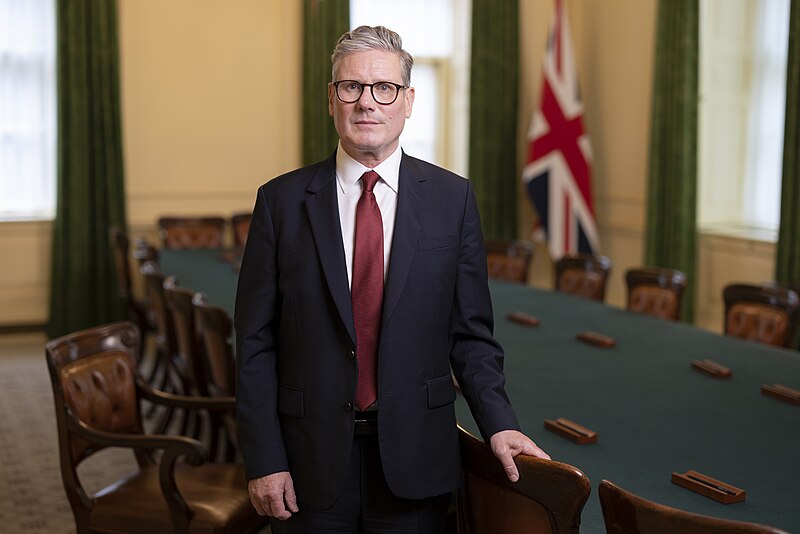
The UK government has announced major changes to its asylum system, removing the automatic right for refugees to settle permanently and bring family members to join them.
Prime Minister Keir Starmer set out the plans ahead of a European Political Community summit in Copenhagen, where he will meet with other leaders to discuss joint action on illegal migration.
What’s changing
Currently, people granted asylum in the UK can apply for permanent settlement after five years and have an automatic right to family reunion. Under the new reforms, this will no longer be the case.
Instead:
- Settlement will take longer and will depend on contributing to life in the UK.
- Automatic family reunion rights will end.
- Refugees will still be protected from being sent back to dangerous countries, but their path to permanent residence will be tougher.
The government says the aim is to make the system fairer, reduce the incentives for dangerous small boat crossings, and bring the UK in line with European partners.
A “fairer” path to settlement
The Home Secretary is expected to outline details later this autumn, but conditions for settlement are likely to include:
- Having a job and paying National Insurance.
- Not claiming benefits.
- Speaking fluent English.
- Keeping a clean criminal record.
- Contributing to local communities.
The reforms, ministers argue, will mean that refugees who settle in the UK are those who have integrated and contributed, not simply those who arrived via illegal routes.
Starmer’s view
Prime Minister Starmer said:
“I believe that if you want to come to the UK, you should contribute to our society. That is the tolerant and fair approach to migration that our communities are built on, but the current system is not fit for purpose.
That is why we’re making fundamental changes to what those granted asylum are afforded in the UK. Settlement must be earned by contributing to our country, not by paying a people smuggler to cross the channel in a boat.
The UK will continue to play its role in welcoming genuine refugees fleeing persecution. But we must also address the pull factors driving dangerous and illegal small boats crossings. There will be no golden ticket to settling in the UK, people will have to earn it”.
International cooperation
Alongside the domestic reforms, the UK is also stepping up international efforts to tackle migration at its source. New initiatives include:
- A £3 million partnership with Denmark to support jobs and stability in Western Balkan countries.
- £5.75 million through Italy’s Rome Process to reduce migration pressures in Africa and support voluntary returns.
- Closer UK–Germany cooperation to crack down on smuggling networks and prosecute criminals, including action against the supply of small boats.
Why it matters
The government says the changes will help dismantle the “business model” of people smugglers, deter dangerous Channel crossings, and ensure that the UK’s asylum system is based on fairness and contribution, not exploitation.
Full details of the asylum reforms will be published in an official policy statement later this autumn. Photo by Prime Minister’s Office, Wikimedia commons.


































